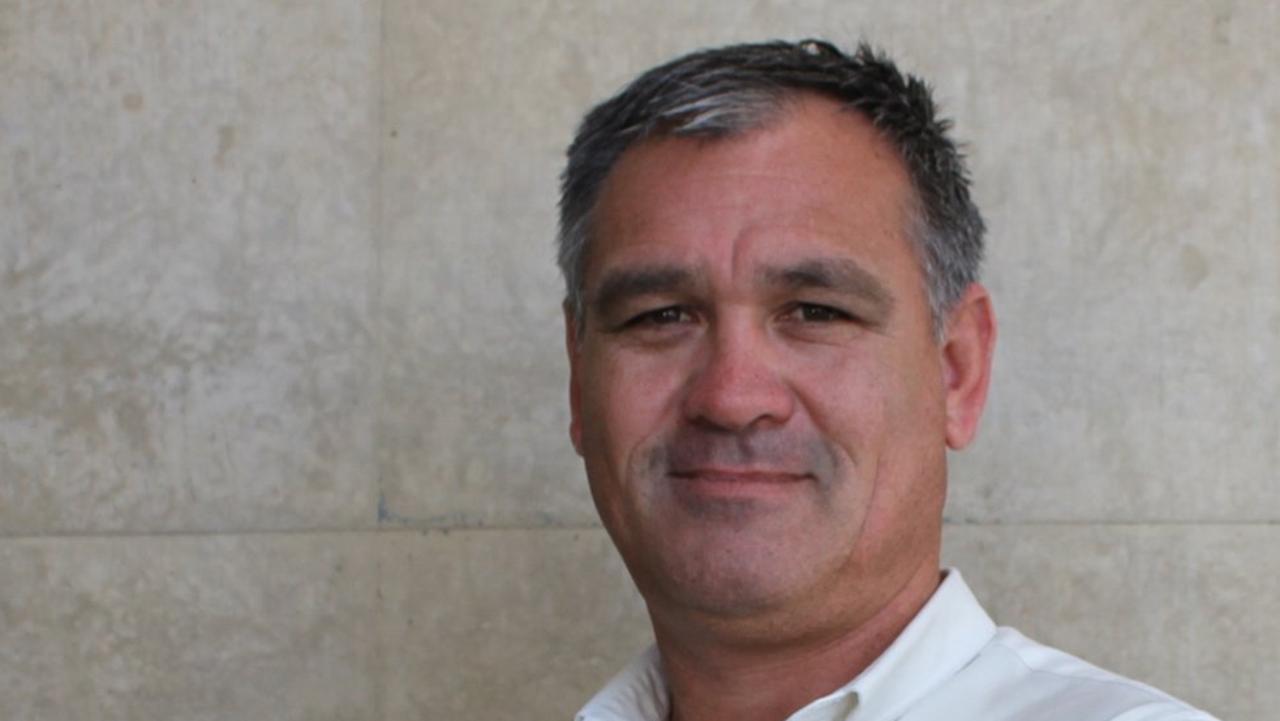Fears new coercive control laws could lead to more Indigenous incarcerations
Aboriginal advocates have pleaded a NSW parliamentary committee to keep the existing coercive control laws, amid fears new legislation would lead to more incarcerations of Indigenous people.
As the NSW parliament meets to discuss new coercive control laws, Aboriginal advocates are asking to keep the current laws in place, fearing additional legislation could lead to more incarcerations and deaths in custody for Indigenous Australians.
A state parliamentary committee has been formed to recognise coercive control as a mechanism for domestic and family violence, and to facilitate discourse around the current legal framework.
Indigenous advocacy organisations on Monday fronted the Joint Select Committee on Coercive Control to raise concerns that increased police powers on the matter would lead to more Indigenous people behind bars.
“It’s almost certain that if a stand-alone offence is implemented, there will be a further significant impact on the rate of incarceration of Aboriginal and Torres Strait Islander people,” Annmarie Lumsden, director of Legal Aid NSW, said.
She said Indigenous people were “already significantly over-represented in the criminal justice system”, being imprisoned at a rate 12 times higher than the non-Indigenous population.
Aboriginal Legal Services principal legal officer Nadine Miles said: “We are concerned that any time police powers are increased, Aboriginal people are caught in the net.
“We believe existing laws can be better used to keep women and children safe, along with significant increases to funding for community services, including Aboriginal services.”
Rachael Marin, the principal solicitor at Wirringa Baiya Aboriginal Women’s Legal Centre, said female Indigenous victims of domestic violence were “hesitant” to report as they “don’t want to see” more Indigenous men taken to custody.
Four Aboriginal people have died in prison in the past month, and Ms Marin said these statistics were stopping women from reporting their abusers.
“The fear is that once they’re in that system that there will be poor mistreatment, and that there will be possibly a death in custody,” she said.
Her solution was to “change policing” and for offenders to “not be treated unfairly because they are an Aboriginal man”
Ms Lumsden agreed, saying more training on coercive control for people working in the criminal justice system would “improve the sector’s understanding of the nuances of coercive and controlling behaviours”.



